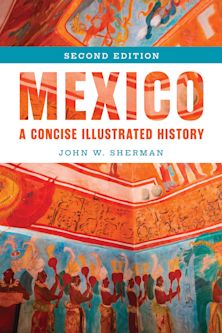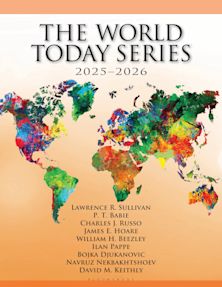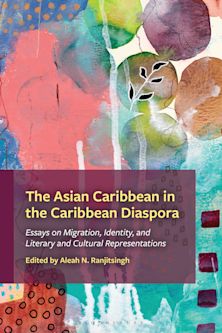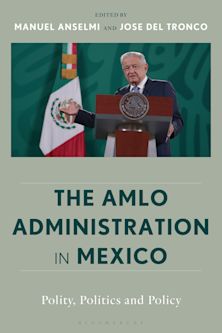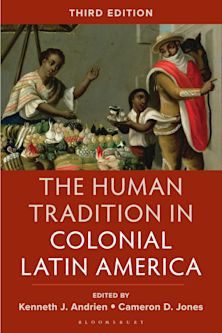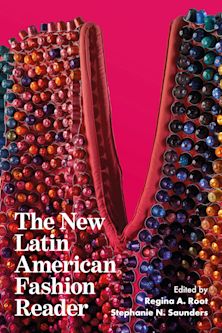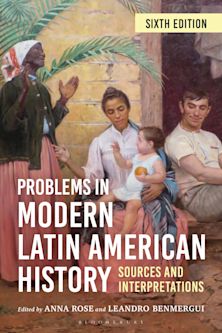Citizenship and Disadvantaged Groups in Chile
Citizenship and Disadvantaged Groups in Chile
This product is usually dispatched within 1 week
- Delivery and returns info
-
Free CA delivery on orders $40 or over
Description
Citizenship and Disadvantaged Groups in Chile seeks to overcome an existing void in the literature of Latin American studies addressing the impact of Chile’s post dictatorial legal framework on its historically and structurally disadvantaged groups, concentrating on the various issues and challenges that affect them. Within its eleven chapters it explores the changing social and legal status of LGBTI people, the political disenfranchisement and the social exclusion that affects imprisoned individuals, the harshness of policing on poor and marginalized communities, the deprivation of indigenous peoples of meaningful rights, the vulnerability that affects workers as a consequence of the existing model of labor relations, the disenfranchisement that affects migrants seeking economic opportunities, the denial of citizenship to women involved in the prohibition of abortion, the unsatisfactory regulation of sex work, the prevalence of domestic violence, and the absence of adequate means for disadvantaged groups to institutionalize their political representation. This book offers a distinctive contribution, focusing on a specific country in the Global South that is presently undergoing a process of economic consolidation while facing many of the problems of traditional and unequal Latin American societies.
Table of Contents
1. The Institutional Response to Sexually Diverse Citizenship: Readaptation and Resistance
Fernando Muñoz
2. Autonomy, Vulnerability, and Resistance: Brief History of the Feminist Fight for Abortion
Lieta Vivaldi
3. Political Participation of Women: Potentialities, Limits, and Challenges
Yanira Zúñiga
4. Torture and Domestic Violence: A View from Cases of Terroristic Torture and Intimate Terrorism
Paula Hollstein
5. The Response to Sex Work: A Regulation with a Voice of Their Own
Paula Nuño and Ximena Valencia
6. Toward a Multicultural Jurisdiction: The Case of Mapuche Women
Luis Villavicencio
7. Frustrated Multiculturalism: (Neo)Liberalism and the Mapuche People
Matías Meza-Lopehandía
8. Immigrants: Legal Configuration of a Disadvantaged Group
Jaime Bassa and Fernanda Torres
9. Public Order and Inequality in the Streets
Paz Irarrázabal
10. Citizenship and Prisoners
Pablo Marshall and Carla Moscoso
11. The Worker by Himself: Thwarting Workers’ Collective Action Through Law
José Luis Ugarte
Index
About the Editor
About the Contributors
Product details
| Published | Nov 27 2018 |
|---|---|
| Format | Hardback |
| Edition | 1st |
| Extent | 228 |
| ISBN | 9781498563147 |
| Imprint | Lexington Books |
| Dimensions | 237 x 162 mm |
| Publisher | Bloomsbury Publishing |
Reviews

ONLINE RESOURCES
Bloomsbury Collections
This book is available on Bloomsbury Collections where your library has access.












